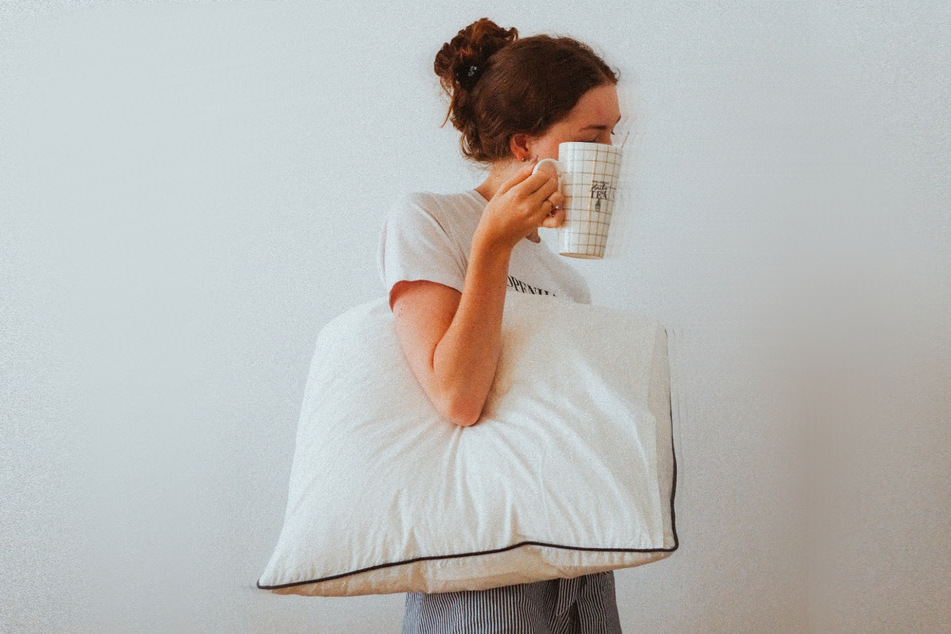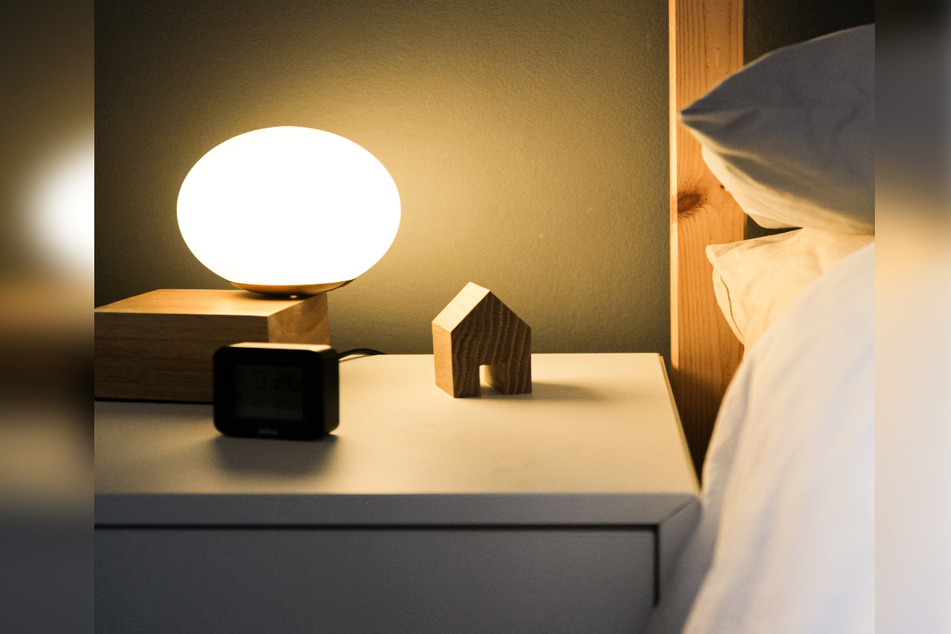Sleep tips: How to get by on little ZZZs
We're always being told to get enough sleep. But life often just doesn't play along with our busy schedules. Here are some tips from sleep doctors on how to survive without proper rest.

It might be an alarm clock jolting you out of dreamland for an early shift or day at school. Whatever the case, there are causes aplenty for getting too little sleep, and sometimes you can't do anything about them.
But don't fret too much if you're going through short periods without a lot of sleep, according to Dr. Ingo Fietze, a director of the Interdisciplinary Center of Sleep Medicine. Sleep deprivation results in long-term harm to your health only if it lasts more than five years, he says. But then, the risk of conditions such as cardiovascular diseases or diabetes increases, so make sure to up your sleep when you can.
What can you do to help your body if you just can't catch enough ZZZs? Here are some short-term strategies and tips to help.
Sleep Tip 1: Take naps to get some rest
During periods when you're not getting enough sleep, try to shift down a gear if possible. And take short naps to counter acute fatigue.
"Napping for five, 10, or maybe 15 minutes is sufficient to feel rested for the following three to four hours," says Fietze. You don't need a sofa - napping while sitting upright can also be effective.
Dora Triche, director of the sleeping lab at Nuremberg Hospital in Germany, advises new parents in particular to defer doing chores and take a nap instead: "Don't quickly clean your flat or put another load of laundry into the washing machine when the baby falls asleep. Get a little sleep yourself."
Even if you're so tired you can barely keep your eyes open, don't forget to set the alarm. Your nap shouldn't exceed 30 or 40 minutes, and it's best to take it before 5 PM if you plan to go to bed in the evening. Otherwise, you risk having trouble falling asleep and making your sleep deprivation worse.
Yet, be wary that frequent napping often means your body is not getting sufficient sleep, and shouldn't substitute for a good night's rest.
Sleep Tip 2: Get fresh air and sunlight
Fresh-air activities are a good antidote to fatigue too.
Triche recommends going outside right after getting up in the morning to help you feel more awake. Sunlight suppresses the body's production of melatonin, a hormone that plays an important role in our circadian rhythm by helping to induce sleep. "You'll automatically become more alert," she says.
If you want to keep yourself from nodding off indoors, make sure your rooms are well lit. "The brighter, the better," says Fietze.

Sleep Tip 3: Give yourself a caffeine boost
Drinking a cup of hot coffee can also help you to stay awake, of course. It's not the best way to increase alertness quickly though, notes Fietze, because it makes you tired first, as all warm beverages do.
Caffeine's stimulating effect takes about 30 minutes to kick in, and lasts up to seven hours. However, Fietze says that neither coffee nor energy drinks are a long-term remedy for sleep deprivation.
Also, caffeine in excesses also causes other severe health risks, so its important use in moderation.
Sleep Tip 4: Enhance your sleep quality
You can get better quality sleep by practicing good sleep hygiene and getting into a routine to calm your rhythm from the day.
"Particularly when external factors are making you get relatively little sleep, it's important to get sleep of good quality," Triche says.
It helps to keep your bedroom cool and dark, and follow a relaxing pre-bed routine in which you avoid alcohol and large meals, both of which can disrupt sleep. It's also not a good idea to do high-intensity exercises before bedtime, Triche says, "because your body will release stress hormones that make it harder for you to fall asleep."
Also, keeping from staring at screens or scrolling on your smartphone before bed can help you fall asleep faster.
Try other sleep inducing practices, like using lavender, dim lighting, or lighting candles to make you feel cozy and relaxed before bedtime.

Sleep Tip 5: Time your sleep wisely
Even during periods of stress, you should try to stick to your usual sleep schedule rhythm as much as possible.
Fietze advises workers who work nighttime shifts or late hours to take part in family or social life activities normally on weekends, and not to forgo it just because they're used to sleeping during the day.
It's better, he says, to fight tiredness during the day and then lie down in the evening to sleep to get yourself on a good schedule and also to be involved in social activities that help promote your mental health.
"As long as you still sleep normally and well on your days off and holidays, everything's perfectly fine," he remarks. If you can't, and are still feeling overtired most of the time, it's advisable to seek medical help.
The good news is that while you can't stock up on sleep, you can make up for lost sleep to a certain degree with these tiny tips.
Cover photo: Unsplash/Anthony Tran